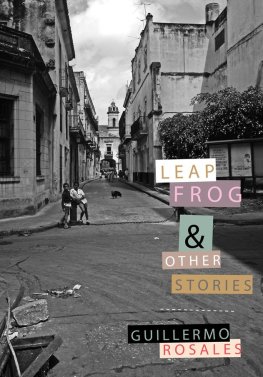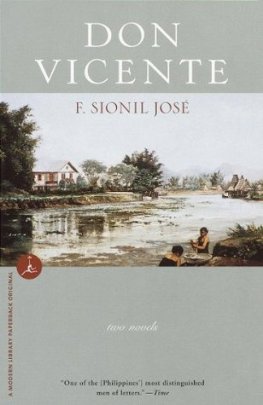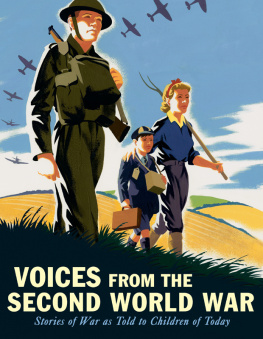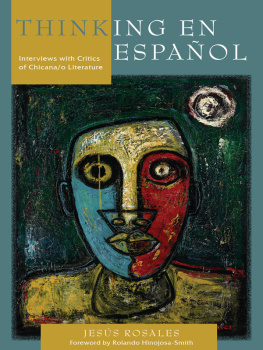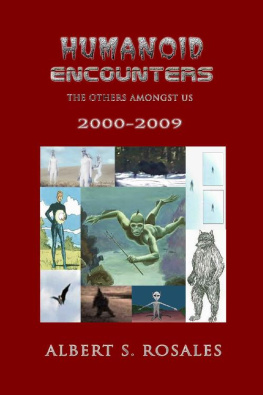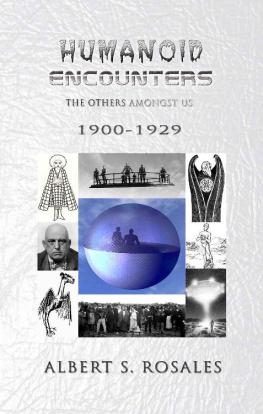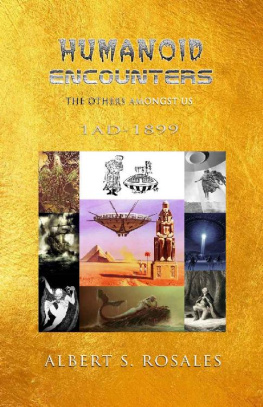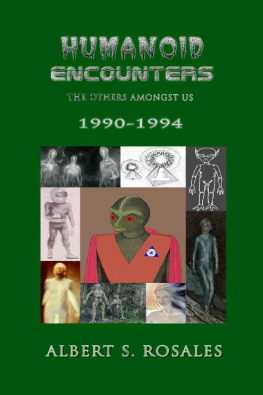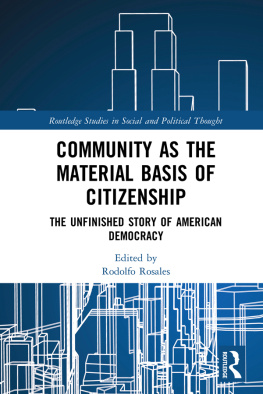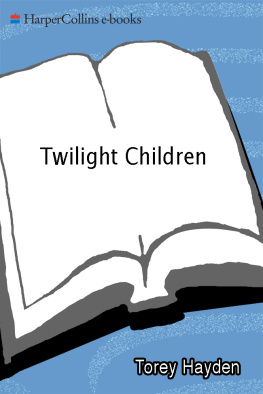THE CHILDREN OF GREGORIAEthnography, Theory, Experiment
Series Editors:
Martin Holbraad, Department of Anthropology, University College London
Morten Axel Pedersen, Department of Anthropology, University of Copenhagen
Rane Willerslev, National Museum of Denmark
In recent years, ethnography has been increasingly recognized as a core method for generating qualitative data within the social sciences and humanities. This series explores a more radical, methodological potential of ethnography: its role as an arena of theoretical experimentation. It includes volumes that call for a rethinking of the relationship between ethnography and theory in order to question, and experimentally transform, existing understandings of the contemporary world.
Volume 8
THE CHILDREN OF GREGORIA
DOGME ETHNOGRAPHY OF A MEXICAN FAMILY
By Regnar Kristensen and Claudia Adeath Villamil
Volume 7
GOING TO PENTECOST
AN EXPERIMENTAL APPROACH TO STUDIES IN PENTECOSTALISM
By Annelin Eriksen, Ruy Llera Blanes, and Michelle MacCarthy
Volume 6
CUTTING COSMOS
MASCULINITY AND SPECTACULAR EVENTS AMONG THE BUGKALOT
By Henrik Hvenegaard Mikkelsen
Volume 5
VITAL DIPLOMACY
THE RITUAL EVERYDAY ON A DAMMED RIVER IN AMAZONIA
By Chloe Nahum-Claudel
Volume 4
VIOLENT BECOMINGS
STATE FORMATION, SOCIALITY, AND POWER IN MOZAMBIQUE
By Bjrn Enge Bertelsen
Volume 3
WATERWORLDS
ANTHROPOLOGY IN FLUID ENVIRONMENTS
Edited by Kirsten Hastrup and Frida Hastrup
Volume 2
FIGURATIONS OF THE FUTURE
FORMS AND TEMPORALITIES OF LEFT RADICAL POLITICS IN NORTHERN EUROPE
By Stine Krijer
Volume 1
AN ANTHROPOLOGICAL TROMPE LOEIL FOR A COMMON WORLD
AN ESSAY ON THE ECONOMY OF KNOWLEDGE
By Alberto Corsn Jimnez
THE CHILDREN OF GREGORIA
Dogme Ethnography of a Mexican Family
Regnar Kristensen and Claudia Adeath Villamil
First published in 2020 by
Berghahn Books
www.berghahnbooks.com
2020 Regnar Kristensen and Claudia Adeath Villamil
Translation of chapters 111 by Kimi Traube
All rights reserved. Except for the quotation of short passages for the purposes of criticism and review, no part of this book may be reproduced in any form or by any means, electronic or mechanical, including photocopying, recording, or any information storage and retrieval system now known or to be invented, without written permission of the publisher.
Library of Congress Cataloging-in-Publication Data
Names: Kristensen, Regnar, 1968 author. | Adeath Villamil, Claudia, 1969 author.
Title: The Children of Gregoria: Dogme Ethnography of a Mexican Family / By Regnar Kristensen and Claudia Adeath Villamil.
Description: First edition. | New York: Berghahn, 2020. | Series: Ethnography, Theory, Experiment; vol 8 | Includes bibliographical references and index.
Identifiers: LCCN 2019050985 (print) | LCCN 2019050986 (ebook) |
ISBN 9781789206531 (hardback) | ISBN 9781789206548 (ebook)
Subjects: LCSH: FamiliesMexico. | Rosales family. | ViolenceSocial aspectsMexico. | MexicoSocial conditions21st century.
Classification: LCC HQ562 .K75 2020 (print) | LCC HQ562 (ebook) |
DDC 306.850972dc23
LC record available at https://lccn.loc.gov/2019050985
LC ebook record available at https://lccn.loc.gov/2019050986
British Library Cataloguing in Publication Data
A catalogue record for this book is available from the British Library
ISBN 978-1-78920-653-1 hardback
ISBN 978-1-78920-654-8 ebook
CONTENTS
PREFACE
I am up to here with goddamn problems.
Gregoria Rosales
In 1963, the teenage Gregoria Rosales moved from the historical center of Mexico City to a poor vecindad, or multifamily tenement, in the quarter she wanted us to call Esperanza, meaning Hope. Along with her aunts, mother, brothers, and her newborn baby, Gregoria began to build a home in this vecindad populated by abandoned women. Over the next two decades, she gave birth to six more children. Her youngest was just a baby when the 1985 earthquake devastated their small apartment and left Gregoria and her children with nothing but the clothes on their backs. Since then, they have received a few important helping hands but have also borne the brunt of iron fists, beatings from gangs, police, neighbors, teachers, or at home. And they return the beatings. Men and women. Thoughtfully and ruthlessly. This is Gregorias story, and her childrens, and her grandchildrens. In their own voices, they tell of the world that has led them to walk the razors edge, selling drugs, robbing trucks, and running security rackets. In these pages, they give voice to their hopes and dreams, heartbreaks and devastation.
Their stories are not sob stories. They are not looking for mercy, nor do they want us to feel pity for them. Instead, the members of this family raise their voices with courage to speak out with brutal frankness about what parts of Mexico looks like from this place they asked us to call Hope, but which they also call Hell. The members of the violent communities that the Rosales belong to have been discussed, condemned, analyzed, joked about, and cheered, but rarely have they been seriously listened to. We have therefore chosen to highlight their voices and let them tell their own stories in an accessible, literary manner. We recorded hundreds of conversations with them from 2005 to 2013 and followed an ethnographic dogme manifesto in the editing process to enforce the immediacy between you, the reader, and them, the storytellers (see appendix I and II). You might get the impression of reading a polyphonic novel or their intertwined storytelling may make you feel as if you are sitting in the cinema watching a film. Melodramatic their stories may be, and yet the Rosales are of flesh and blood, which gives these stories a second force. All words except those in the Preface, Afterword, and appendices are theirs. Gregorias only comment after reading the book was: I dont like it, but it is the fucking truth, for real!
Thank you Gregoria, Mariana, Patricia, Mario, Lidia, Eduardo, Israel, and Luz for inviting us so generously inside your lives.
ACKNOWLEDGMENTS
First and foremost, we are in deep debt to the Rosales family for telling us their stories so vividly and allowing us to record and publish their voices anonymously. Needless to say, without them this book would never have materialized, would never have been thought possible.
We would also like to thank Kimi Traube for her excellent American-English translation of the Rosales Mexican-Spanish slang (cal) and our Cuban collaborator Youdyne Torres Snchez for her equally outstanding feel for the Mexican cal, her smooth editing, and her precise transcriptions. Yudy, your arduous work and good spirit have without a doubt had a huge influence on the quality of the book. You are the closest the book comes to having a third author. Likewise, thanks to Elaine Bolton for her sharp proofreading of the preface, afterword, and appendices, and also to Nedalina (Dina) Dineva for her excellent work with the index.


